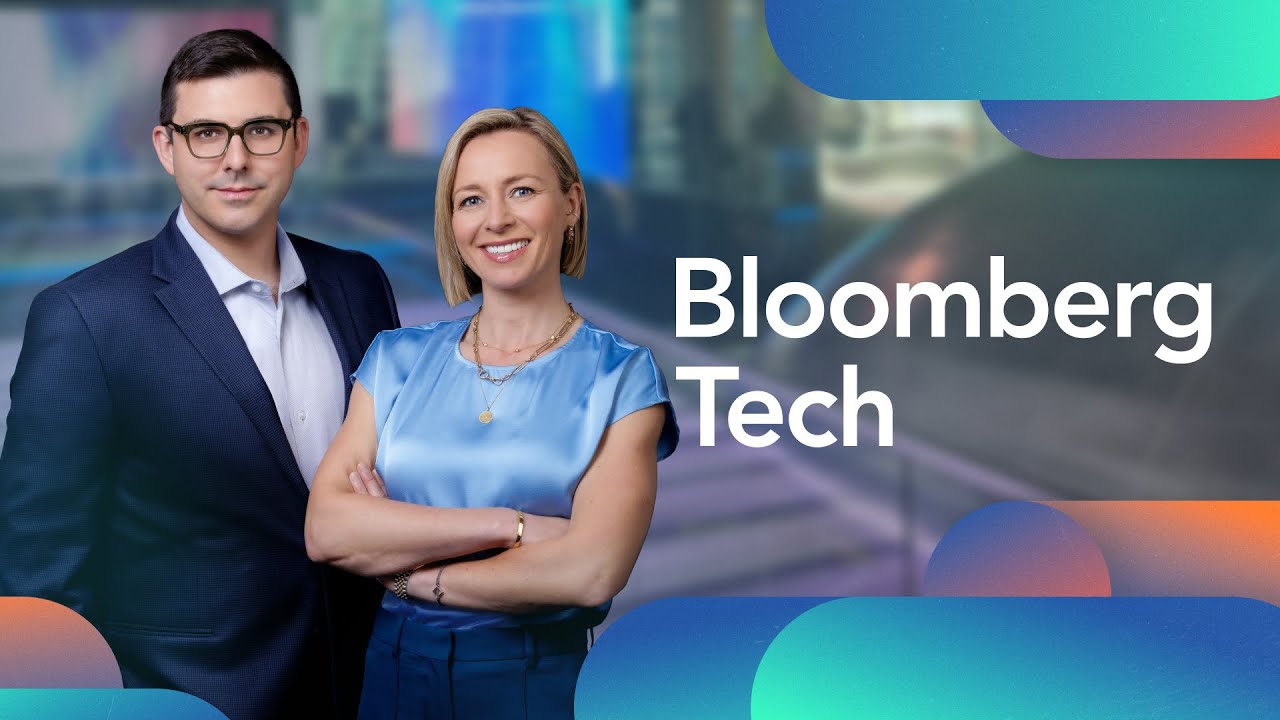The Bloomberg Tech segment highlights the intense competition for AI talent between Meta and OpenAI, the evolving strategies of AI and fintech companies like Klarna and Zoox, and the financial challenges faced by startups such as Elon Musk’s X AI. It also covers the bipartisan passage of the GENIUS Act aimed at regulating stablecoins, with insights from David Sachs on balancing innovation, consumer protection, and national security in the rapidly changing digital finance and technology landscape.
The Bloomberg Tech segment opens with a discussion on the fierce competition for AI talent, highlighting Meta’s reported offers of signing bonuses as high as $100 million to lure employees from OpenAI. Despite these lucrative offers, OpenAI CEO Sam Altman emphasizes that money alone isn’t enough to attract top talent, pointing to OpenAI’s mission-driven culture focused on benefiting humanity as a key differentiator. Meta, by contrast, is seen as less innovative and more bureaucratic, which may be causing it to lose talent to OpenAI’s more agile environment. This talent war underscores the high stakes in the AI race, with companies like Meta, OpenAI, and Scale AI all vying for dominance.
The conversation then shifts to OpenAI’s decision to phase out its work with Scale AI, a company that has evolved from manual data labeling to more complex AI-related tasks. This move reflects OpenAI’s need for more advanced and reliable data services to support its growing AI models. Meanwhile, Elon Musk’s AI startup, X AI, is reported to be burning through $1 million per month with expected losses of $13 billion in 2025, highlighting the high costs and financial challenges involved in developing cutting-edge AI technologies.
Next, the segment features an interview with the CEO of Klarna, who discusses the company’s shift towards becoming a digital financial assistant offering a $40 per month mobile service in the U.S. Klarna aims to simplify financial management for customers by bundling services and using AI to reduce administrative burdens, allowing human customer service representatives to focus on meaningful interactions. The CEO also reflects on the competitive landscape, noting uncertainty about whether a single dominant digital assistant will emerge or if multiple specialized assistants will coexist.
The discussion then moves to autonomous vehicles, with Zoox’s CEO revealing plans to produce up to 10,000 purpose-built robotaxis annually, starting commercial operations in Las Vegas later this year. Zoox is working closely with regulators to expand deployment to other cities like San Francisco, Austin, and Miami. The CEO emphasizes the importance of providing a seamless and competitive customer experience while navigating regulatory challenges and competition from companies like Waymo and Tesla.
Finally, the segment covers the recent bipartisan passage of the GENIUS Act in the U.S. Senate, a significant step toward regulating stablecoins and providing clarity for the crypto industry. David Sachs, the White House AI and crypto advisor, explains that the bill aims to bring stablecoin issuers under banking regulations, enhance consumer protections, and encourage traditional financial players to enter the space. Sachs also discusses the broader implications for U.S. competitiveness in AI and semiconductor technology, cautioning against overly restrictive export controls that could hinder American innovation while addressing national security concerns. The segment concludes with reflections on the ongoing TikTok sale negotiations and the evolving landscape of digital finance and technology regulation.
